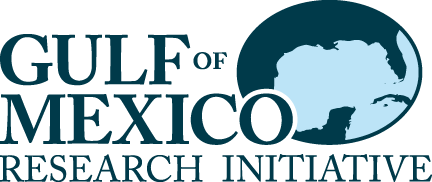Summary:
In this proposed project, we plan to characterize the fate of hydrocarbons, associated heavy metals, and dispersants in oil-contaminated saline and freshwater marshes. In addition, we plan to use a novel microarray-based metagenomic technology, namely Geochip, to determine the impact of oil spill on functional composition, structure and metabolic potential of microbial community under natural attenuation and biostimulating conditions for bioremediation of hydrocarbons and dispersants. Such a technology has not been used in such instance.
Our specific objectives are:
1. Characterize the fate of hydrocarbons, dispersants, and associated heavy metals in marsh soils along a salinity gradient
2. Determine environmental constraints governing microbial community functional response of hydrocarbon degradations in wetland soils and sediments
3. Develop bioremediation strategies for enhancing the degradation of hydrocarbons without increasing bioavailable heavy metals in oil-impacted Louisiana marshland
We hypothesize that marsh ecosystems dominated by different vegetation and salinity conditions have different sensitivity to crude oil degradation and this difference in sensitivity affects the fate and transformation kinetics of petroleum hydrocarbons. Further, we hypothesize that the optimal conditions for the hydrocarbon degradation could be reflected in the functional characteristics of microbial community, which should be detected by a microarray-based metagenonics technique.
Oil- contaminated soils and sediments will be collected from barrier island and marshlands (freshwater and saline) and will be subjected to a series of microcosm studies with and without different nutrient conditions and analysis for TPH (total petroleum hydrocarbons) and composition of hydrocarbons and heavy metals. Through characterizing the fate of oil and the change in microbial community characteristics under different environmental conditions and the links to degradation rate and composition change in hydrocarbons, we expect to assess the impact of oil spill on soil microbial community functions and the link to ecosystem processes as well as to provide timely important information to the development of bioremediation strategy for this oil spill in the Gulf of Mexico.
